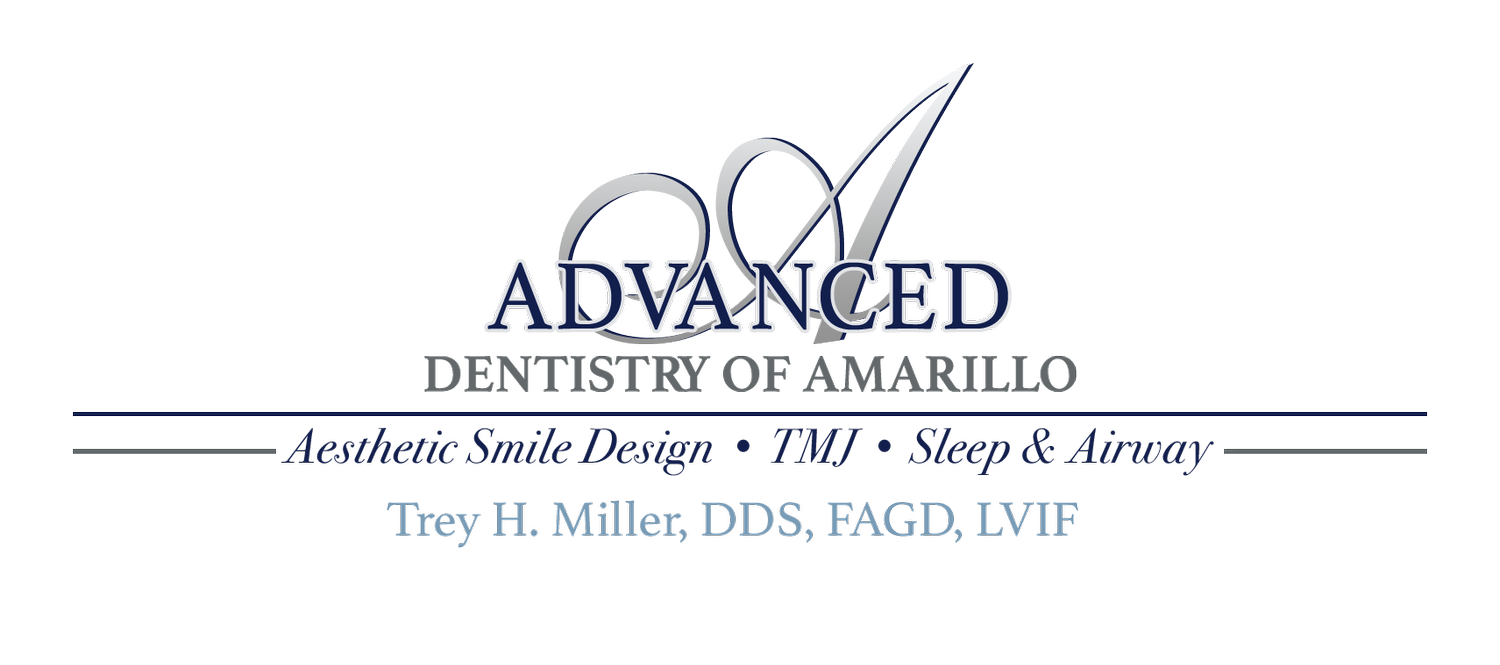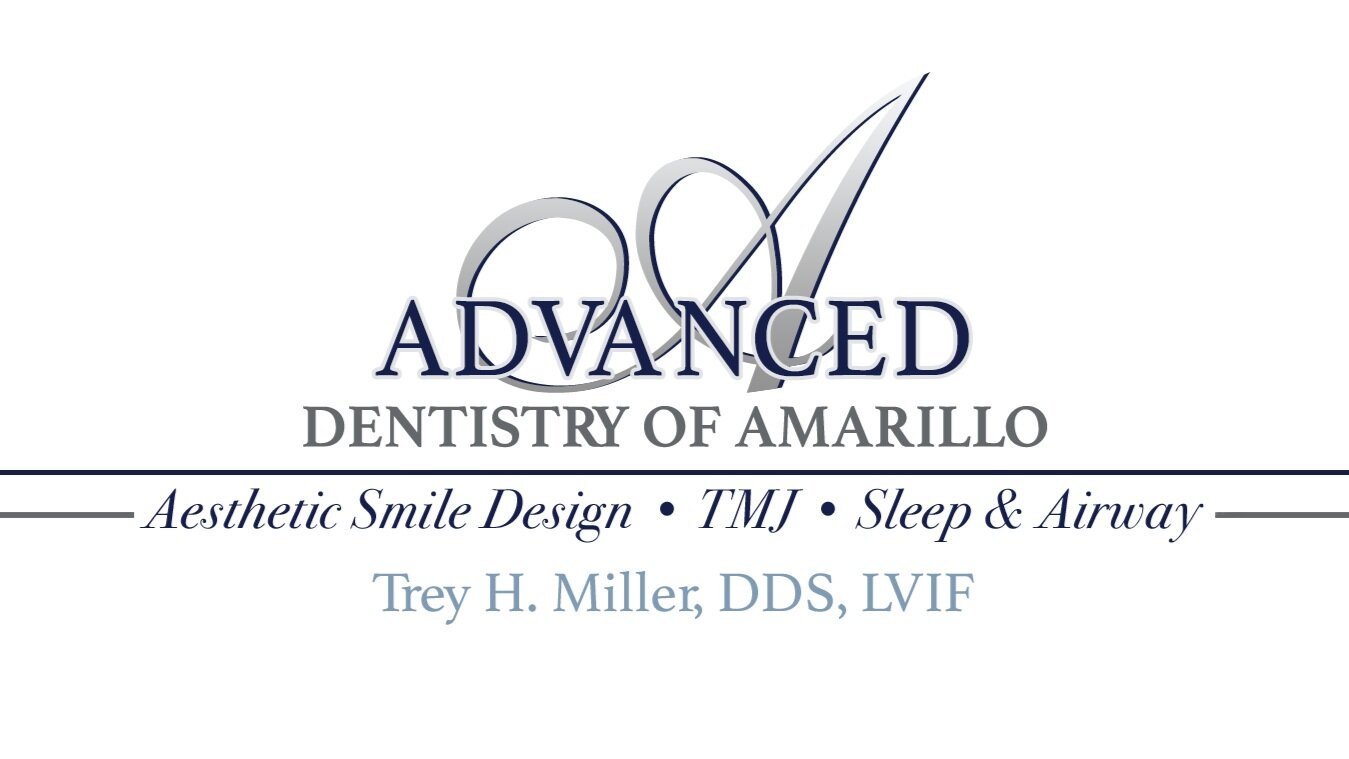Sleep Apnea Solutions
Sleep Apnea
Do you snore or become excessively fatigued throughout the day? If so, you may be suffering from obstructive sleep apnea, or OSA.
A person snores when the airway/throat becomes blocked by the tongue or the soft palate while sleeping. The tongue relaxes and falls back toward the throat, blocking the flow of air.
In addition to snoring, symptoms of obstructive sleep apnea may include:
Choking and gasping during sleep
Night sweats
Waking with a sore throat or dry mouth
Frequent morning headaches
The consequences of sleep apnea may continue throughout the day, manifesting in ways including:
Excessive daytime fatigue
Memory and concentration problems
Mood swings
Depression and anxiety
As your body and brain are constantly denied oxygen throughout the night, you can experience serious health effects as a result. Sleep apnea leads to high blood pressure, heart disease and an increased risk for diabetes and obesity. To avoid these more serious and life-threatening complications, schedule a consultation with Dr. Miller to discuss safe and effective treatment options that can help prevent or reduce sleep apnea and restore a full and restful night’s sleep.
Is Mouth Breathing Okay?
Mouth breathing is a serious culprit when it comes to sleep disorders. If the mouth is open, then the airway will become more constricted. The soft tissue of the palate and the posterior tongue and throat tissue, including the tonsils become dried out and irritated; this causes those tissues to enlarge, further shrinking the airway. Mouth breathing during childhood also leads to jaw development problems. These problems include but are not limited to underbites, overbites, open bites, and also speech and postural problems.
When one breathes through their nose, the tongue can more easily go to the roof of the mouth where it should go, and not fall back and block the airway.
Sleep Apnea Rish Factors
Anyone can develop sleep apnea. That said, some people have certain risk factors that may make them more likely to develop the condition:
Overweight and obese individuals are at an increased risk of developing sleep apnea. In fact, those classified as obese are four times as likely to suffer from the condition than those who are at a healthy weight.
Those who use alcohol or sedatives are more likely to develop sleep apnea because these can relax the muscles of the throat and encourage nocturnal airway collapse.
Smokers are four times as likely to develop sleep apnea than nonsmokers. In most cases, cessation of smoking can reduce your risk.
Patients with narrowed airways are more likely to develop sleep apnea because the airway is more likely to become blocked at night.
Patients with thick necks may be more likely to suffer from sleep apnea than those with relatively average necks. In men, sleep apnea is more likely for those with neck circumferences of 17 inches or greater. In women, it's 15 inches.
Men are twice as likely to suffer from sleep apnea as women.
Women suffer from an elevated risk of sleep apnea after menopause.
The incidence of sleep apnea is higher in older adults than in younger patients.
Genetics also play a role. If one or more of your family members suffer from the sleep condition, you're more likely to well.
Sleep apnea can be a serious sleep condition, but treatment options are improving every day. While bulky machines used to be the only reliable treatment, oral appliances have proved to be excellent options for many patients. And there are numerous additional sleep apnea treatments available at Dr. Miller’s Amarillo office to help patients find relief.
Treating Sleep Apnea
One of the most common treatments for sleep apnea is a CPAP (Continuous Positive Airway Pressure) machine – a machine that forces air into the airways while you sleep. CPAP machines deliver air through masks or tubes and may be the most effective treatment for patients with central sleep apnea, a type of sleep apnea caused by an underlying medical condition. However, for patients with obstructive sleep apnea, these machines may be entirely unnecessary. Worse still, they can make it even more difficult to sleep.
If you are suffering from sleep apnea, it can be hard to find a treatment that works. CPAP is only tolerated by about a quarter of those for whom it is prescribed. Since sleep apnea is a potentially deadly illness, it is important to find a treatment that works not just in theory, not just for the majority, but one that works for you on a nightly basis. It is for this reason that Dr. Miller works with a variety of oral appliances, as well as the Fotona Nightlase procedure.
Although the goal of all these treatments is the same – the reduction of snoring and/or sleep apnea – their approach can be very different and your overall results in everything from the quality of sleep to mouth dryness to jaw comfort can be different as well.
Prosomnus Sleep and Snore Devices – Prosomnus devices are oral appliances that advance the lower jaw into a slightly forward position to help keep the tongue in the correct placement and the airways unobstructed during sleep. Customized by Dr. Miller to fit comfortably into the mouth, the Prosomnus devices are 30% smaller than similar sleep apnea devices, making them much more comfortable for long-term use. Although less bulky and more comfortable, quality and efficacy are not sacrificed as a result. In fact, in clinical trials, 100% of patients with mild obstructive sleep apnea were able to achieve complete relief. Nearly 90% of patients with moderate sleep apnea achieved the same results, making these appliances one of the most effective CPAP alternatives available.
Lifestyle Changes to Improve Sleep Apnea Outcomes
Because obstructive sleep apnea is often caused by or exacerbated by lifestyle choices, changing behavior is sometimes necessary for truly effective treatment. While a radical transformation is not likely needed, some steps may help ensure your sleep apnea treatment produces the best results.
Changes that may be necessary for optimal sleep apnea reduction include:
Smoking cessation
Reduction in alcohol consumption
Maintaining a healthy weight
Choosing a healthy diet
Ensuring you get at least three hours of moderate exercise every week
If you have been diagnosed with sleep apnea, experienced Amarillo sleep apnea dentist Dr. Trey H. Miller, DDS, FAGD, LVIF can provide solutions to help you get a restful night's sleep. To schedule a consultation, please call us at 806-358-8021.





